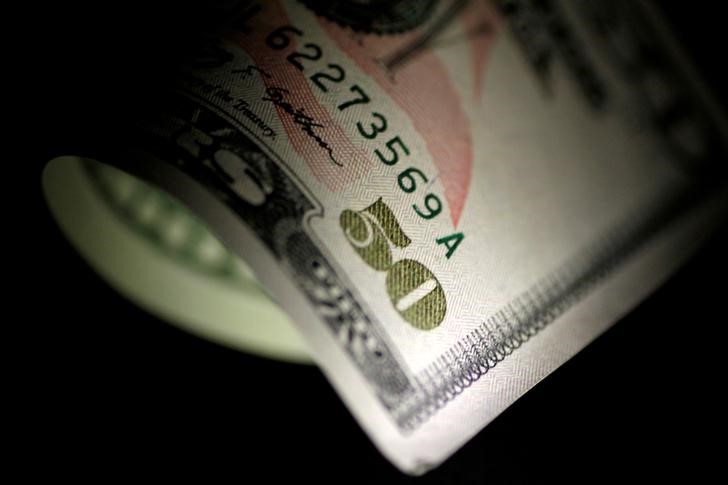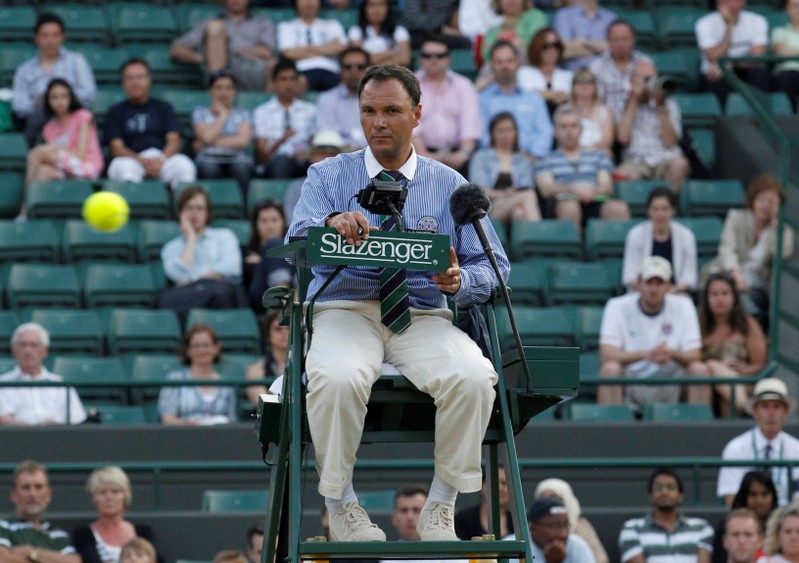
FILE PHOTO: A U.S. Dollar note is seen in this June 22, 2017 illustration photo. REUTERS/Thomas White/Illustration/File Photo
September 18, 2018
By Saqib Iqbal Ahmed
NEW YORK (Reuters) – The dollar rose to a two-month high against the safe-haven Japanese yen and advanced modestly against the euro on Tuesday as investors appeared to discount rising trade-related tensions between the United States and China.
China and the United States plunged deeper into a trade war on Tuesday after Beijing added $60 billion of U.S. products to its import tariff list in retaliation for President Donald Trump’s planned levies on $200 billion worth of Chinese goods.
The dollar, which initially slipped to a three-week low against the euro <EUR=>, recovered to trade up about 0.15 percent. Against the yen, which tends to benefit during geopolitical or financial stress as Japan is the world’s biggest creditor nation, the dollar was 0.46 percent higher <JPY=>.
The Australian dollar, seen as a proxy for China-related trades as well as a barometer of broader risk sentiment, rose 0.53 percent <AUD=>.
“That suggests that the market thinks that in the grand scheme of things, economically, this is going to have a very small impact,” said Boris Schlossberg, managing director of FX strategy at BK Asset Management in New York.
“So far, all of the trade tariff maneuvers have not had any meaningful impact, either on Chinese growth or U.S. growth,” he said.
“They are treating it like Kabuki theater for now,” he said, referring to a form of Japanese theater characterized by dramatization and elaborate costumes.
The greenback has been a major beneficiary of growing trade-related tensions in recent months, as investors bet it would gain at the expense of riskier currencies. Against a basket of currencies <.DXY>, it has risen about 5 percent since mid-April.
Its rally, however, has fizzled in recent weeks as some investors book profits and worry about the longer-term impact of an extended trade war.
“Short term it is a little bit of a positive, but longer term there is a greater fear of material negative effects to the overall economy,” said Minh Trang, senior foreign currency trader at Silicon Valley Bank in Santa Clara, California.
Dutch bank ING estimates that 2.5 percent of world trade is now affected by the tariffs and it will reach 4 percent if Trump carries out threats to put levies on all of China’s exports to the United States.
Traders will be paying attention to next week’s Federal Reserve meeting at which the U.S. central bank is expected to raise benchmark interest rates and shed light on the path for future rate hikes.
The Canadian dollar <CAD=> strengthened against its U.S. counterpart as oil prices rose and domestic manufacturing data supported the view that the Bank of Canada will raise rates further in October.
Sterling <GBP=> fell from six-week highs as traders booked profits and investors struck a more cautious note about progress toward a Brexit deal ahead of a European Union summit this week.
(Reporting by Saqib Iqbal Ahmed; Editing by James Dalgleish)

